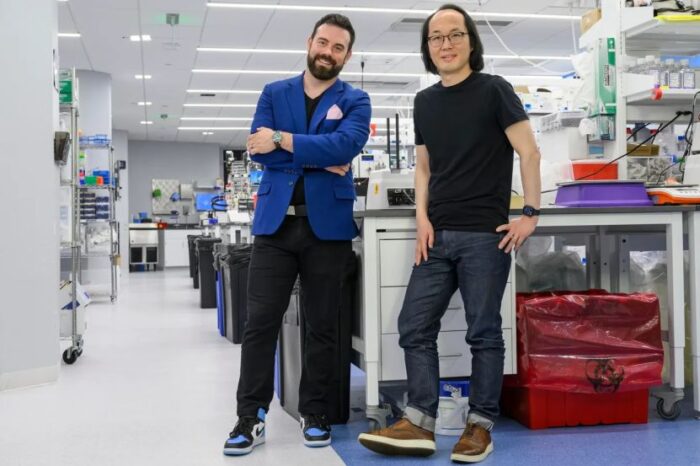Doximity acquires AI startup Pathway Medical for $63M to turn AI into doctors’ new assistant

Doximity is going all-in on AI. The $11 billion health tech company just acquired Montreal-based AI startup Pathway Medical for $63 million, marking a big step forward in its plan to become more than just “LinkedIn for doctors.”
Doximity shared the news on X, writing:
“We’re excited to welcome Pathway to the Doximity family! Pathway’s physician-led team has built one of the largest structured datasets in medicine — purpose-built for AI — spanning guidelines, drugs, and landmark trials across every major specialty. Their AI models recently achieved a record 96% score on the USMLE benchmark, setting a new standard for clinical accuracy.”
Pathway built an AI-driven clinical reference tool that lets doctors ask questions about drug interactions, treatment guidelines, and clinical trials—getting clear, reliable answers pulled from medical literature. Doximity believes Pathway has one of the largest structured medical datasets out there, and it’s betting big that this technology will help turn its platform into the go-to resource for clinical answers.

Pathway Medical (Credit: Pathway)
“We hunted high and low, and I think we found the best company in the space at answering physicians’ questions using AI, and it wasn’t in Silicon Valley,” said Doximity co-founder and CEO Jeff Tangney in an interview with CNBC.
The deal, which quietly closed in late July, includes $26 million in cash and up to $37 million in equity grants. Integration is already underway. Doximity says thousands of doctors are currently testing the new combined product.
“With Pathway, we’re bringing best-in-class AI clinical reference tools directly into Doximity’s platform. This means more trusted, evidence-based support for physicians at the speed and adaptability of AI, integrated right into the tools they already use,” Doximity said on X.
Doximity has been building AI tools of its own, including Doximity GPT—a free product that helps doctors write insurance letters and summarize patient charts. But Pathway brings something Doximity didn’t have: a data engine deep enough to connect dosages to guidelines, citations, and literature in a way that feels like talking to a knowledgeable colleague.
“What Pathway brings to this party or this marriage is that they have a very, very robust back-end data set that ties dosages to guidelines to literature to citations,” said Dr. Amit Phull, Doximity’s chief clinical experience officer.
Pathway’s model recently scored 96% on the U.S. Medical Licensing Examination benchmark—an exam doctors must pass to prove they can apply medical knowledge in real-world scenarios. That kind of accuracy is a big deal for physicians looking for quick, trusted answers.
Doximity, which went public in 2021, has had a strong run. The company’s stock is up 8% so far this year, after a 90% surge in 2024. With this acquisition, Doximity is signaling that it wants to go beyond newsfeeds and paperwork—and become the place doctors turn when they need fast answers to clinical questions.




